DAILY HERALD CRITIC COMPARES CENTERPIECE OF BIGELOW'S FILM TO THAT OF DE PALMA'S 'HI, MOM!'
 The Daily Herald's Robert Horton mentions Brian De Palma's Hi, Mom! in his insightful review of Kathryn Bigelow's Detroit:
The Daily Herald's Robert Horton mentions Brian De Palma's Hi, Mom! in his insightful review of Kathryn Bigelow's Detroit:Kathryn Bigelow is the only woman to win the Best Director Oscar (for “The Hurt Locker”), and her reputation is largely associated with the formidable kinetic skills she brings to action pictures such as “Strange Days” and “Point Break.”What’s less known about Bigelow is that she came of age in the conceptual-art scene in New York in the 1970s, and that her master of fine arts thesis film for Columbia University consisted of two men pummeling each other while a professorial observer spouted French theory about the nature of violence.
In short, Bigelow brings a lot to the table. This is truer than ever in “Detroit,” a hot-button horror show that returns Bigelow to her roots in a way that is both fascinating and difficult to watch.
The film begins in patchwork fashion: Detroit racial tension escalates in July 1967. For its first 20 minutes, the movie is a mosaic, complete with archival footage of President Lyndon Johnson and Michigan Gov. George Romney.
In a slow, sneaky way — I can’t think of many movies that have edged toward disaster quite this sinuously — a musical interlude (singers denied their moment on stage when the theater is evacuated because of the violence outside) gradually lead us into what turns out to be the main subject of the film. Lead singer Larry (a remarkable performance by Algee Smith) and buddy Fred (Jacob Latimore) escape the dangerous streets by checking in at the Algiers Motel.
Before long, they’re swept up in police action, as a group of young black men and two white women are beaten and threatened by white policemen. This nerve-shredding situation (based on fact) occupies the long center section of the film.
“Detroit” is written by reporter Mark Boal, who also scripted Bigelow’s “Zero Dark Thirty” and “The Hurt Locker.” Part of the goal here is journalistic, an observational look at how racial violence explodes — one never doubts that the movie is being made now because of the Black Lives Matter movement and the violence that birthed it. But it seems to me that what Bigelow does with the premise dates back to her conceptual-art days.
The shakedown sequence in “Detroit” goes on so long and contains so much excruciating punishment that it turns into something close to ’60s-era guerrilla-theater, where an unsuspecting audience is put through the wringer. (Brian De Palma used this technique, while simultaneously satirizing it, in his 1970 film “Hi Mom!”)
The sequence is too much, a depiction of cruelty that becomes almost sadistic itself. It’s almost nauseating at times. But Bigelow is trying to get us to feel something — what it’s like to be terrorized by the forces that are supposed to be protecting us, for one thing — and she will violate our assumptions about movie-watching in order to do it.
Bigelow and Boal have brilliantly created a bitter pill. We want oppressed characters to fight back and triumph, and there’s no triumph here. There is only one, strangely magical interlude, when Larry and Fred get loose from the terror for a moment — but just for a moment.




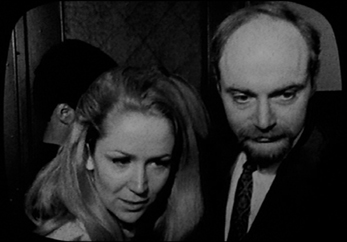 I really enjoyed seeing Jordan Peele's uproarious Get Out in a packed theater a couple of weeks ago, and found it to be one of the more creative films I've seen in a while.
I really enjoyed seeing Jordan Peele's uproarious Get Out in a packed theater a couple of weeks ago, and found it to be one of the more creative films I've seen in a while. 

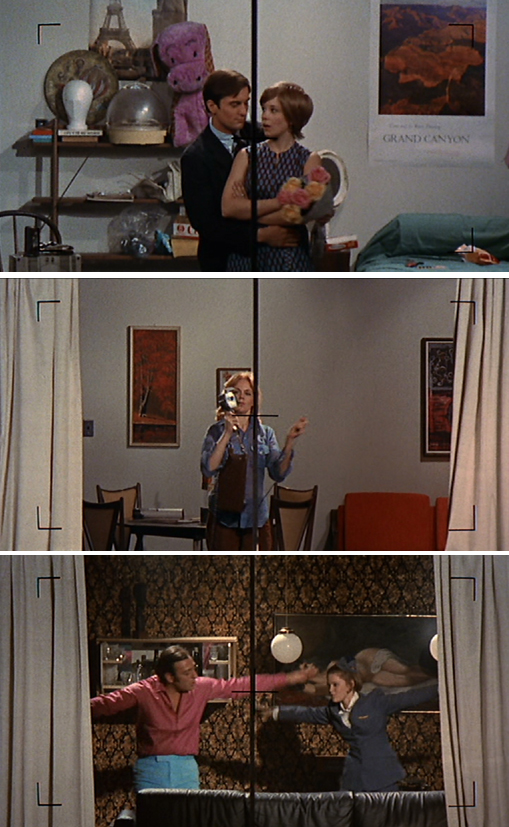
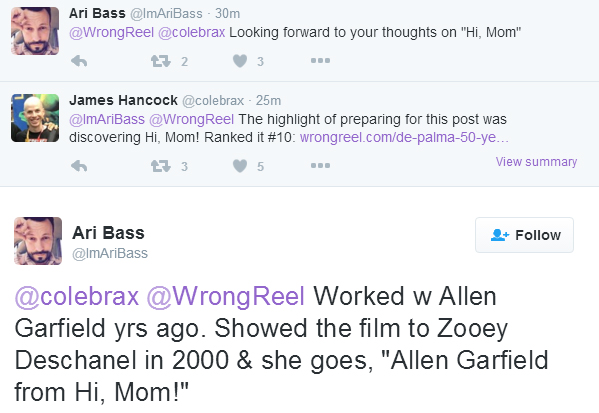
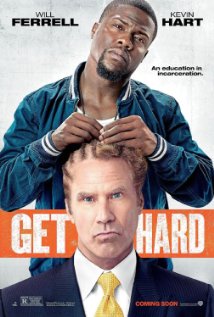 From Armond White's review of Etan Coen's Get Hard, posted at
From Armond White's review of Etan Coen's Get Hard, posted at 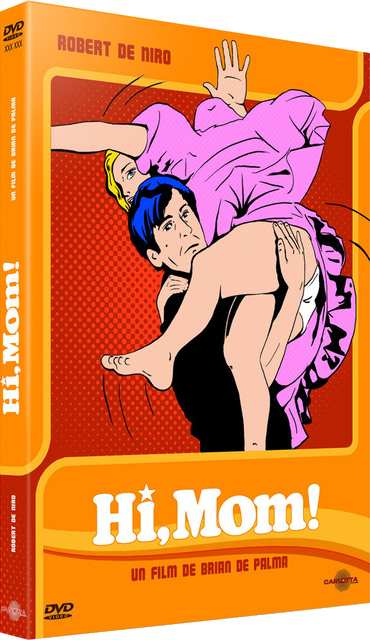
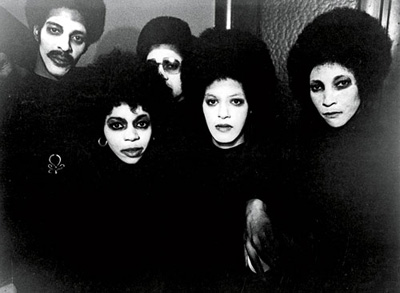 Tonight at 7pm,
Tonight at 7pm, 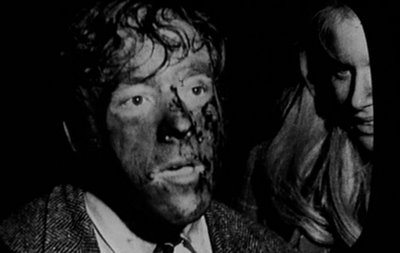 Out of all the movies in Brian De Palma's oeuvre that could be turned into a haunted house idea, who would have thought someone might consider a scene from one of De Palma's early comedies might be the one that sticks out? Well, anyone who has seen the riveting "Be Black, Baby" sequence in De Palma's Hi, Mom! will surely never forget it.
Out of all the movies in Brian De Palma's oeuvre that could be turned into a haunted house idea, who would have thought someone might consider a scene from one of De Palma's early comedies might be the one that sticks out? Well, anyone who has seen the riveting "Be Black, Baby" sequence in De Palma's Hi, Mom! will surely never forget it.